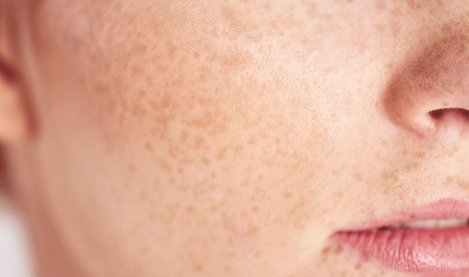The doctor will first assess the scope of the psoriasis, its repercussions, and whether or not there is a metabolic syndrome or excessive consumption of alcohol or tobacco. He or she verifies whether there is rheumatism and if a triggering factor or facilitator can be found.
It is critical to stop scratching since it promotes patches. Stopping toxic factors (alcohol, tobacco) is more than desirable.
Few cases of psoriasis resist therapy, since there are a wide variety of treatments tailored to the various forms. But fortunately, most cases of psoriasis are mild to moderate in scope and do not require any “heavy” treatment. In that sense, local treatments are usually sufficient but need to be applied regularly for this chronic condition. If treatment is discontinued, the lesions reappear.
Local treatments include corticoids and vitamin D derivatives. Moisturise the skin daily with creams to limit recurrences; cutaneous dryness facilitates recurrences. On the scalp, scales can be improved with a keratolytic treatment (salicylic acid, urea).
The general treatments used include phototherapy by a dermatologist, retinoids, methotrexate, ciclosporin and biotechnology medicines.




















